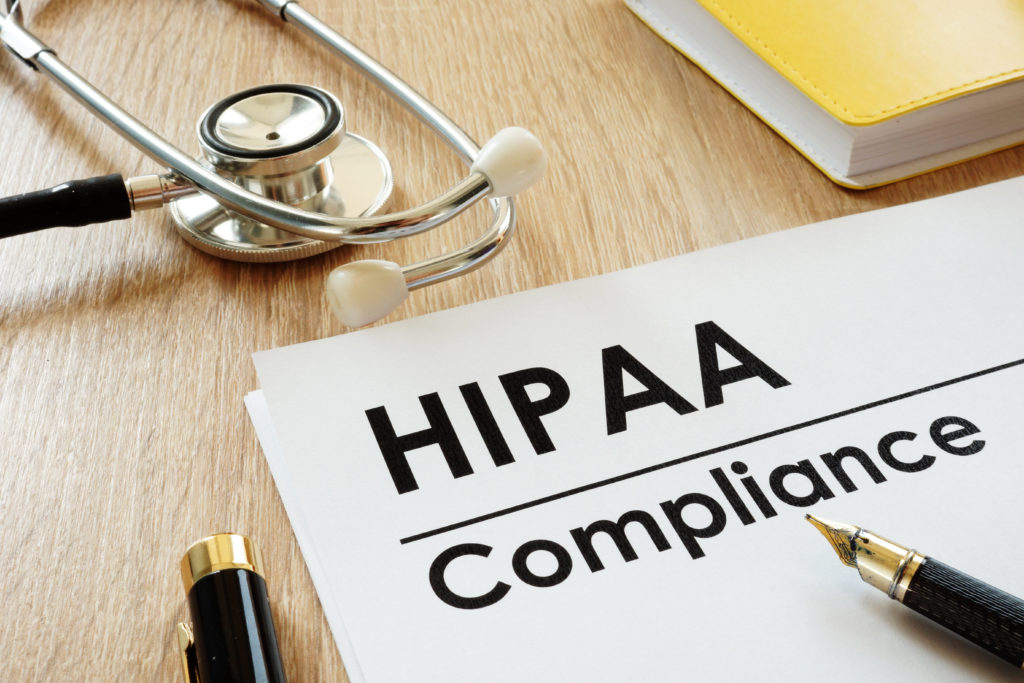HIPAA compliance is essential for every healthcare professional. This federal legislation helps keep patient data safe and secure as well as giving people more control over their privacy. Technology is evolving at a rapid rate it is essential to make sure that any new system that is adopted remains in compliance with HIPAA rules.

HIPAA compliance can be a difficult procedure for businesses that are still trying understand the law and the implications. HIPAA compliance is a must for health professionals as well as those working in the insurance industry. To be sure that they are in compliance, it’s crucial to go through the rules and make sure that the procedures are implemented. While it can be difficult to accomplish, adhering to the law is vital. The compliance will result in improved service and protects data privacy , with penalties being avoided. By understanding the scope of HIPAA covers and undertaking the steps needed, companies can ensure that they’re taking the appropriate measures required by the rules.
Although HIPAA’s regulations are stringent, the focus on proper privacy and security measures is intended to safeguard one of our most precious possessions: our information. More protections are needed to safeguard against the unlawful disclosure or use of personal information of patients as the healthcare sector has increased its use of digital media such as Electronic Medical Records. Even though guidelines have been formulated to safeguard individuals however, they must be adhered to and enforced. HIPAA is monitoring these matters in order for people to remain safe and secure.
HIPAA is a great security feature for both those working in the medical field as well as patients whose records are stored. The covered entities (CEs), and business associates can decide whether an addressable implementation policy is needed. The decision will be influenced by many elements such as the risk analysis as well as mitigation strategies, current security measures, and the cost of implementation. In making this choice, CEs and BAs can factor in alternatives that meet the purpose or leave out the step completely if it’s justified in their conditions. HIPAA is a call to them to make well-informed decisions on data protection and safeguarding, creating an equilibrium between technological measures and control by the user of sensitive data.
Organizations can enjoy important benefits by achieving HIPAA compliance. Compliance with the regulations of the Health Insurance Portability and Accountability Act, (HIPAA), will help companies safeguard their patients’, clients’, and customers’ health information. It will guarantee that it remains secure and private. Compliance assures that the patient’s medical information is only used to their benefit as well as those of their healthcare providers. HIPAA compliance gives patients the liberty to make informed decisions about how private health information is used and stored. This gives them confidence that no one else will be able to gain access to or modify the information without their permission. Furthermore, HIPAA compliance mitigates reputational risk for organizations by helping them avoid legal or financial ramifications resulting from improper handling of patient information due to lack of security measures. As a result, complying with HIPAA standards helps ensure a positive patient experience with better protection of sensitive medical records.
These are only a few things to consider when considering HIPAA compliance. It is crucial to comprehend the law in order to are in compliance with the law. It is also recommended to speak with an expert to help you interpret it and implement the necessary systems and procedures. While it may be difficult to be sure that you’re in the compliance of your staff, it is essential for protecting the rights of your patient as in ensuring the confidentiality of your patients.
For more information, click hitech subtitles